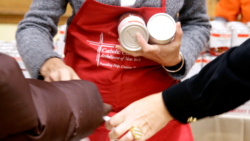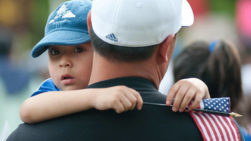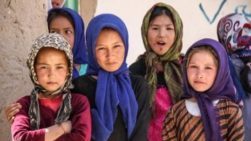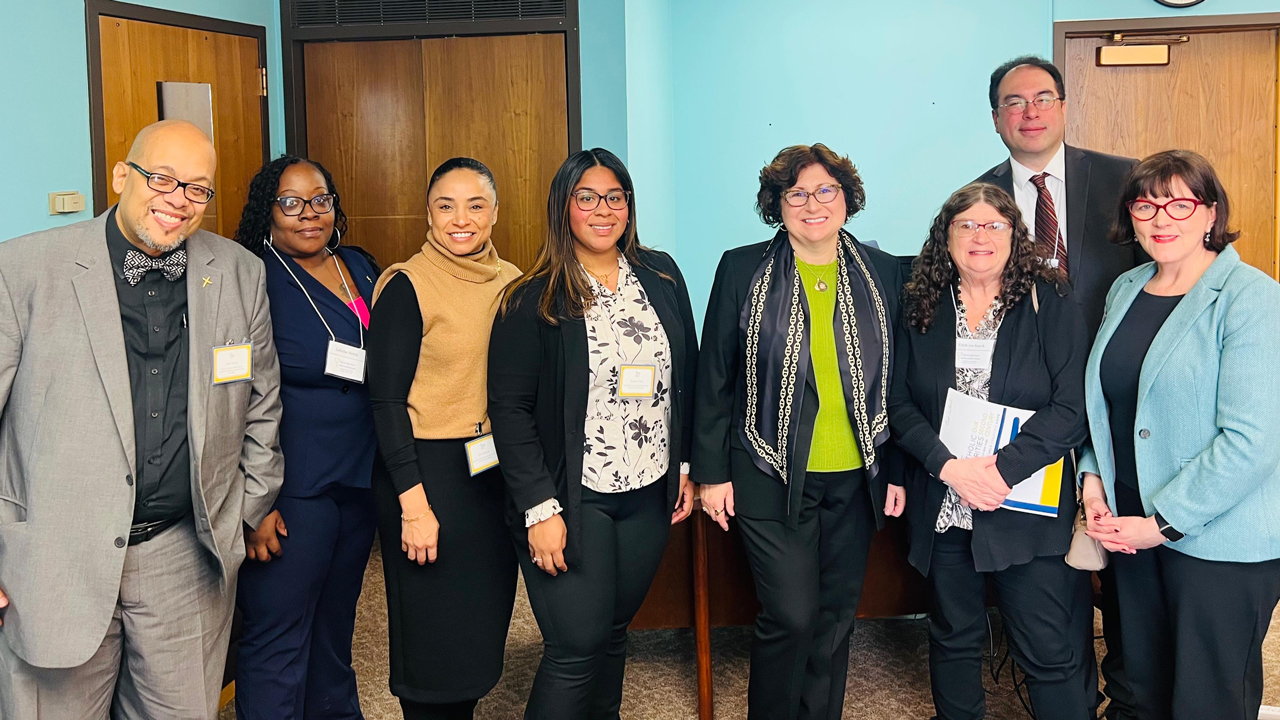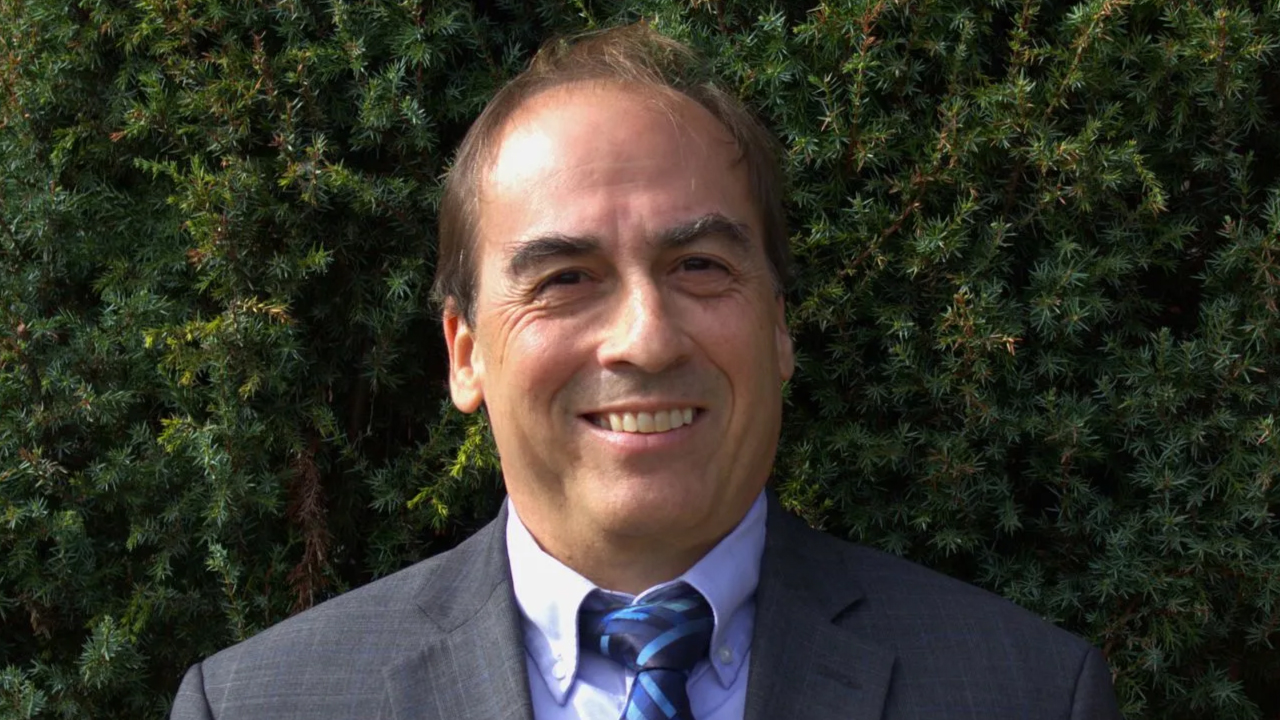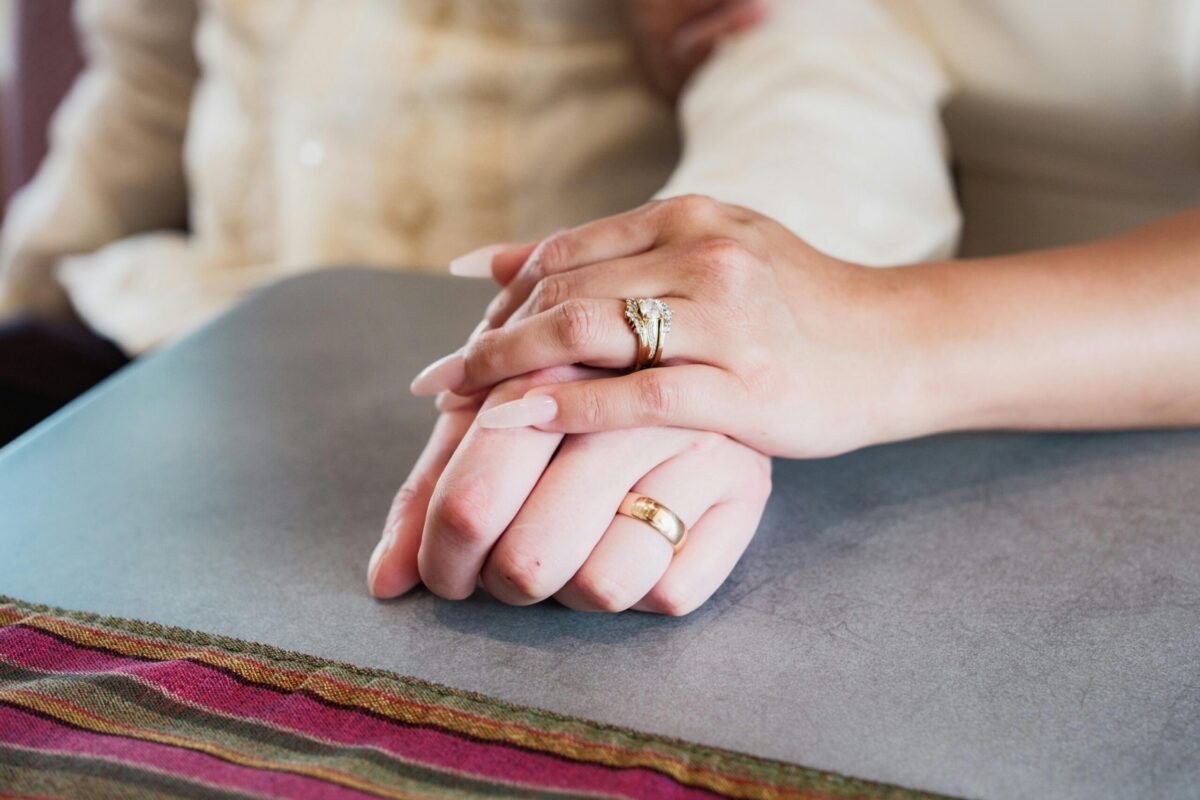Valentine’s Day is often marked by chocolates, roses, romantic dinners, and sweet notes exchanged between couples and loved ones. But what if this year you extended that circle of love beyond the usual gifts, to include a cause close to your heart, like the mission of Catholic Charities of New York? True love means caring not just for those we know, but also for our neighbors in need, and supporting the vulnerable with dignity, compassion, and hope.
Catholic Charities of New York works every day to serve the poor, troubled, frail, and oppressed — people of all faiths and backgrounds — by addressing basic human needs and fostering lasting hope across New York. Through a wide network of programs, the organization provides essential services like meals, housing support, youth programs, immigrant and refugee assistance, and so much more.
Love in Action: Ways to Give
Rather than or in addition to sending candy or a bouquet, consider one of the meaningful ways to support a charitable mission this Valentine’s Day. Every gift, no matter the size, is an expression of love and faith in action.
Here are some ways you can support Catholic Charities of New York:
- Planned Giving — A Legacy of Love
Supporting your favorite charity, like Catholic Charities of New York, through a planned gift is a powerful way to make love last beyond this Valentine’s Day.
Planned giving allows you to:
- Make a gift through your will or estate that costs you nothing today,
- Name Catholic Charities of New York as a beneficiary of retirement accounts or life insurance,
- Establish gifts that provide income for life while supporting the mission,
- Potentially reduce tax burdens for your heirs.
With thoughtful planning, you may even increase the value of your estate or lower tax impact, all while knowing your legacy will continue to uplift others with compassion.
Explore opportunities and learn more about how your legacy can change lives at the planned giving page here: https://catholiccharitiesny.giftplans.org
- Monthly Giving — Ongoing Support Year-Round
Becoming a monthly donor brings stability to Catholic Charities of New York’s programs and ensures continuous support for individuals and families in need. Whether it’s helping seniors stay fed, keeping families in their homes, or supporting after-school programs for youth, your long-term support makes a real difference.
- Donate Your Vehicle
Have a vehicle you no longer use? You can donate it and receive a tax-deductible receipt while helping Catholic Charities of New York continue their critical services, a simple act that becomes a meaningful gift of love.
- Stocks, Securities, and Other Assets
Donating appreciated assets like stocks or securities may yield tax benefits and maximize your philanthropic impact. It’s a thoughtful way to make a difference while stewarding your financial resources wisely.
- Tributes and Memorial Gifts
This Valentine’s Day, honor someone you cherish by making a gift in their name. Catholic Charities of New York provides a personalized acknowledgment that celebrates your loved ones while extending care and hope to others.
Love That Endures
Valentine’s Day is a moment to reflect on the love that fills our lives, romantic, familial, and spiritual. But it’s also a beautiful time to show love through generosity and service, especially to people who are struggling. When you support a mission like Catholic Charities of New York, you embody the spirit of compassionate love and make an impact that lasts far beyond one day.
Whether through a planned gift, a monthly gift, or a thoughtful donation in someone’s honor, your generosity becomes a testament to faith, showing that love truly knows no bounds.
Give with purpose this Valentine’s Day. Give hope. Give compassion. Give love.


